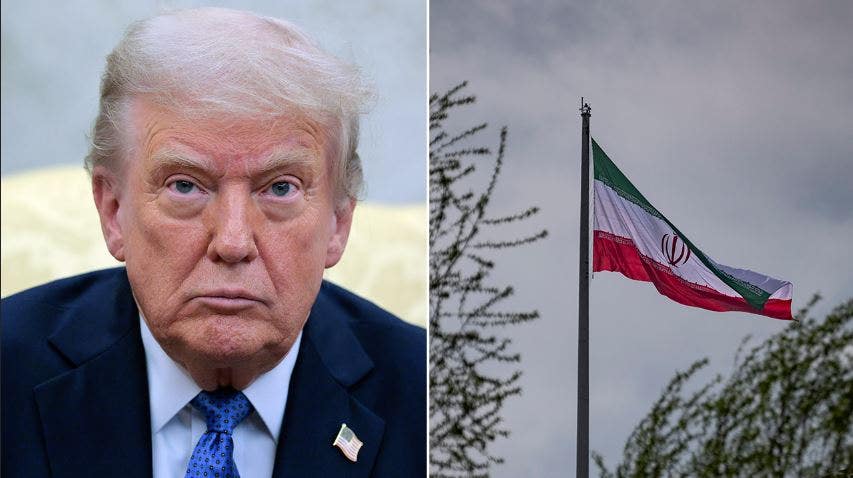White House urges Iran to accept nuclear deal as uranium stockpile grows

The White House issued a statement on Saturday urging Iran to accept its proposal on a nuclear deal in light of a report from the International Atomic Energy Agency (IAEA) revealing that Iran is rapidly increasing its stockpile of near weapons-grade enriched uranium. White House press secretary Karoline Leavitt emphasized that President Trump is steadfast in his stance that Iran must never acquire a nuclear bomb.
Special Envoy Steve Witkoff has reportedly sent a detailed and acceptable proposal to the Iranian regime, and the White House believes it is in Iran’s best interest to accept it. While the administration has refrained from disclosing the specifics of the proposal to the media out of respect for ongoing negotiations, it is clear that the urgency of the situation necessitates swift action.
The IAEA’s report, released on May 17, disclosed that Iran’s stockpile of uranium enriched up to 60% had reached 900.8 pounds, marking a significant increase from the previous report in February which recorded 605.8 pounds. The report underscored that Iran is the only non-nuclear-weapon state producing such material, raising serious concerns about its nuclear ambitions.
Despite Iran’s claims that its nuclear program is solely for peaceful purposes, U.S. intelligence agencies have expressed doubts, pointing to activities that could facilitate the development of a nuclear device. In response to the IAEA’s report, Iran’s Foreign Ministry and the Atomic Energy Organization of Iran issued a joint statement dismissing the findings as biased and unprofessional, attributing them to unreliable sources.
Foreign Minister Abbas Araghchi of Iran recently expressed uncertainty about the prospect of reaching a U.S.-Iran nuclear deal in the near future, highlighting the need for a comprehensive agreement that addresses Iran’s nuclear rights and terminates all sanctions. Meanwhile, Oman Foreign Minister Badr al-Busaidi presented a formal proposal from the Trump administration in Tehran, calling for the cessation of uranium enrichment and the establishment of a regional consortium for nuclear power production.
Israeli Prime Minister Benjamin Netanyahu’s office also weighed in on the IAEA report, characterizing it as a grave warning sign of Iran’s determination to advance its nuclear weapons program. The office emphasized that Iran’s uranium enrichment activities far exceed civilian needs, signaling a clear deviation from peaceful intentions and a violation of international obligations under the Non-Proliferation Treaty.
In light of these developments, the international community is urged to take decisive action to prevent Iran from further advancing its nuclear program and to ensure compliance with global non-proliferation norms. The urgency of the situation underscores the critical need for diplomatic efforts to address Iran’s nuclear ambitions and safeguard regional stability.




